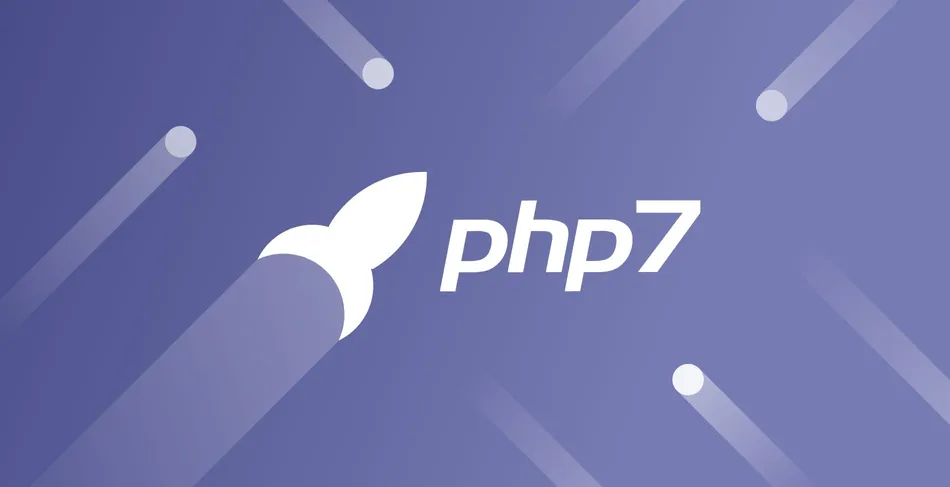Companies and individuals that engage in international trade involving electronic, telecommunications, radio and television services with the EU are subject to new, important regulations that came into effect on 1 January 2015. Based on the 2010 VAT Package (Council Directive 2008/8/EC), this has resulted in a range of changes throughout Europe and affect Swiss B2C providers in particular – when providing e-commerce services to private persons in the EU, they will now be subject to the VAT rate of the country of residence of the customer as standard. In other words, the VAT will be billed in the country of residence of the customer.
Furthermore, as if the online sector didn’t have enough legislative amendments to deal with (what with the implementation of the European Consumer Rights Directive in 2014), the latest changes are effective as of 1 January 2015. From now on, companies or individuals that offer online e-commerce services will be subject to the VAT rate of the customer’s country of residence. This fundamental shift from the service provider’s residence to that of the service recipient has been implemented as a means of taxing electronic services at the location in which they are consumed.
Who is affected by these changes?
The changes are relevant for all providers of electronic services (as well as telecommunications, radio and television services) to consumers in the EU (B2C). As of 1 January 2015, VAT is to be paid at the rate of the customer’s country of residence for the following services:
- Provision of websites, web hosting, remote maintenance
- Provision of software and software updates
- Provision of images, texts, information and databases
- Provision of music, movies, games (incl. gambling and lotteries)
- Broadcasting and events from the worlds of politics, culture, art, sport, science and entertainment
- Distance learning services
Both EU companies and providers outside the EU – such as those in Switzerland – that supply services to customers within the EU are affected by the new legislation. There are no amendments with regard to B2B.
Mini One-Stop-Shop (MOSS)
To prevent electronic service providers from having to register for VAT in every single country in which they have customers, the Mini One-Stop-Shop scheme offers a service that enables the payment of VAT for transactions carried out with a customer in the EU via an internet portal in the member state in which the customer is a tax resident. Participation in this scheme is voluntary, but if a company does opt for it, the MOSS regulation will apply to all EU member states. In other words, it is not possible to utilize this option in some states and not others. The MOSS regulation is an attractive option for Swiss companies if they supply electronic services to customers (B2C) in various EU member states and do not wish to register for VAT in every country of residence in which they have customers.

What does this change of legislation entail?
The MOSS scheme is not mean to detract from the fact that the new VAT regulation will, in practice, bring about a range of changes, as the following example demonstrates.
If a French person uses an electronic service supplied by a Swiss company, French VAT will be incurred for this service. Even if the Swiss company generates its VAT rate via the MOSS scheme in Germany, it will be subject to the French VAT rate for this particular service in future. This applies if the customer is a resident of Spain, Poland, Portugal or any one of the other 28 EU member states. The company therefore has to determine the customer’s country of residence. The MOSS scheme then generates a separate invoice featuring all B2C sales of e-commerce services in the EU, but it is only responsible for the allocation of VAT proceeds in the individual member states.
This results in a few significant changes:
- The provider of e-commerce services must take measures to ensure that they can easily identify the country of residence of their customers. An IP address-related solution is recommended in this regard.
- In many countries, prices in online shops must indicate the VAT. Under the new regulations, certain circumstances call for VAT to be specified in different ways, depending on the country.
- The various VAT rates of the individual EU member states also have to be taken into consideration when issuing invoices.
Aside from this, affected companies need to be well versed in the VAT laws of the individual EU member states in which they provide their services, as, despite ongoing efforts to harmonize VAT law within the EU, there are currently marked differences in individual state legislation.
Summary and next steps
With effect from 1 January 2015, the new VAT Package will result in significant changes to B2C businesses providing electronic, telecommunications, radio and television services. In principle, the new regulation enables VAT to be paid via a single internet portal (MOSS) in EU member states. Online registration for the MOSS scheme has been available since 20 October 2014. Providers should check beforehand to see whether registration is possible or sensible (especially those providers who are already registered for VAT). Electronic service providers must also clarify the EU member state to which the service is being delivered along with the relevant VAT laws in that country. For example, a new VAT obligation may enter into effect for start-ups that were previous excluded from VAT due to their low rate of turnover.
In case of any ambiguities or doubt, the company concerned should consult an expert such as a lawyer.























































